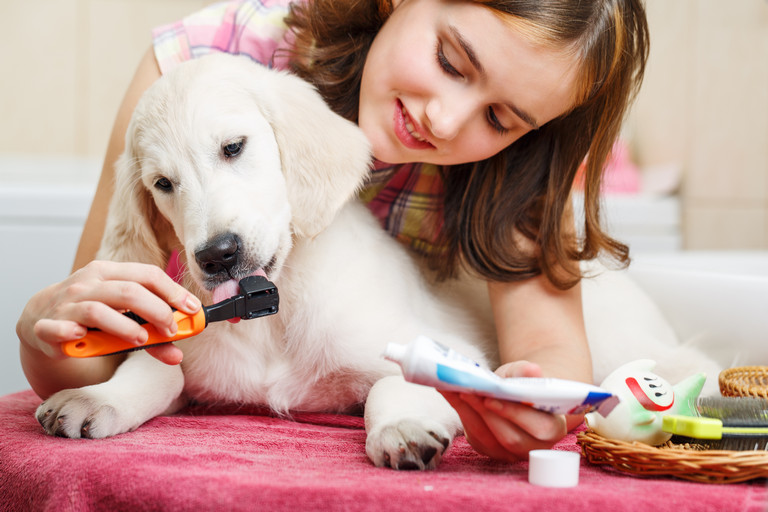Are You Capturing Your Customer’s Information?
Pet Age Staff //August 1, 2013//
There are many ways that you can capture your customer’s information, and more importantly, there are many great things you can do with it once you have it.
As the chief marketer of your store, customer data should be very important to you. It helps give you an understanding for who your current customers are, and why they are buying from you. It is also very powerful in assisting you to retain your current customers.
Collecting information on your customers can be a mundane task, but some POS systems make it very easy. If you do not have a POS system, there are other ways to collect this valuable data.
If your store already uses a well-equipped POS system, take time to make sure you are really utilizing all that it has to offer.
Typically, you can track a customer by their brands purchased, email address, home address, frequency of store visits, any loyalty or rewards membership programs you offer and even their pet’s name. The most important of all of these is their email address.
Email is a easy, cheap tool that you can use to communicate with your customers efficiently. You are able to use email to send them notifications on upcoming store events, specials, a birthday card for their pet, or even a reminder that they are due to purchase a bag of food.
If you can’t remember how to use the customer data function within your POS system, then don’t be afraid to call your POS sales representative and ask them to give you a refresher.
If you collected information at one time but have since stopped, now is the time to start cleaning up the information and implement the practice again.
The key is to make sure you are consistently asking your customers for their information. You don’t want the information to go stale. Also, remind store employees that it is part of the check-out process. A good practice may be to hang a sign for the employee at the register to remind them to ask.
For those stores whose POS systems do not have the capability to collect customer data, there are still many options for you, and they are cheap.
Most businesses are already using Microsoft Word or Excel on their computers. Both of these products can effortlessly store the information so that you can easily access it later. If you do not have either of these on your checkout computer, you can simply use a notebook placed at the register.
Even though entering the information electronically is ideal, the point is that you are at least collecting the information. With this approach, you would ask your customer to write in their email and mailing address. Don’t ask them for too much; otherwise, they will pass on providing you the information. You could also offer to write the info in yourself for them.
Weekly, you would need to set time aside to take your notebook and add it into an electronic list that you keep on another computer. Just remember to ask for the customers’ email address. If you don’t ask for the information, they will not willingly offer it up.
Another good way to collect information on your customers is off of your Facebook page. Today, a Facebook page is a necessity for small business owners, and by growing your fan base, you are able to learn more about your customers.
Keep in mind, you will want to let the customer know what you are doing with their information. Most stores will tell the customer that they want to keep them up to date on sales and store events. It is also good practice to draft up an email privacy policy so that you can let customers know that you will not be selling their information, if you intend to not do so.
-Jessica Farina is the director of marketing for Phillips Pet Food & Supplies, a large pet food and supply distributor. Her undergraduate degree is in business, with a minor in psychology, and her MBA is from DeSales University, with a concentration in marketing. Jessica also teaches marketing classes at a local community college.

















